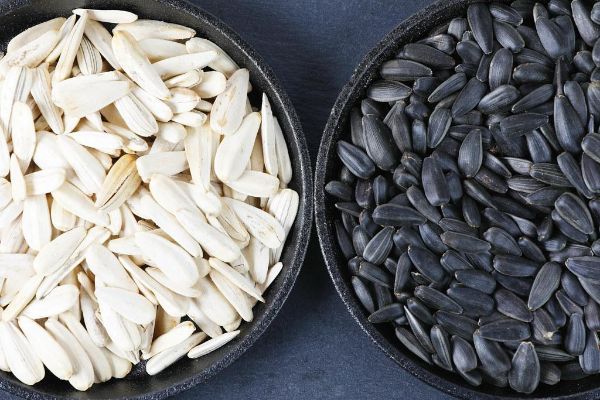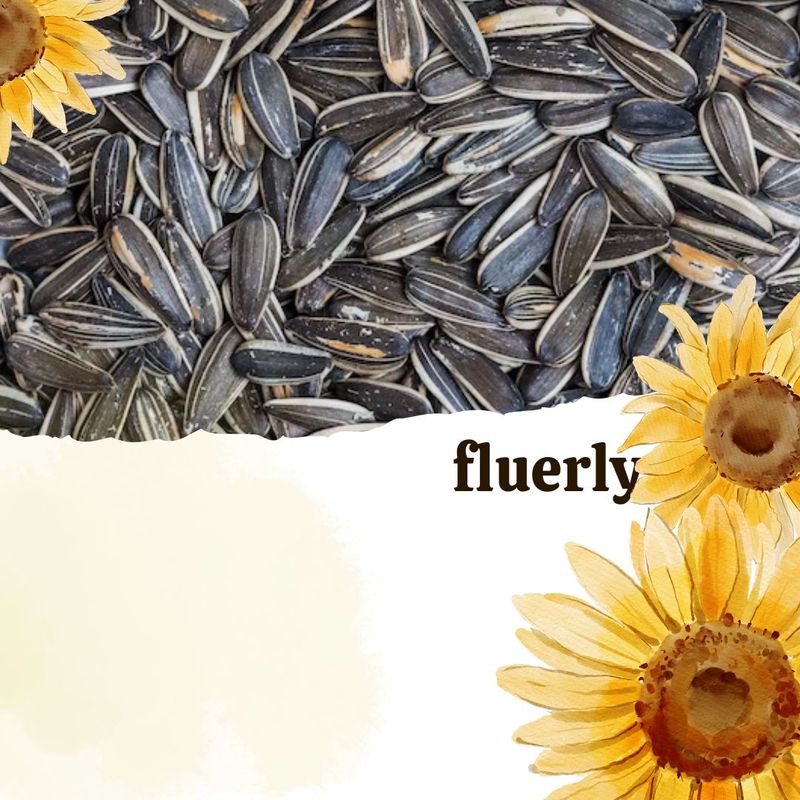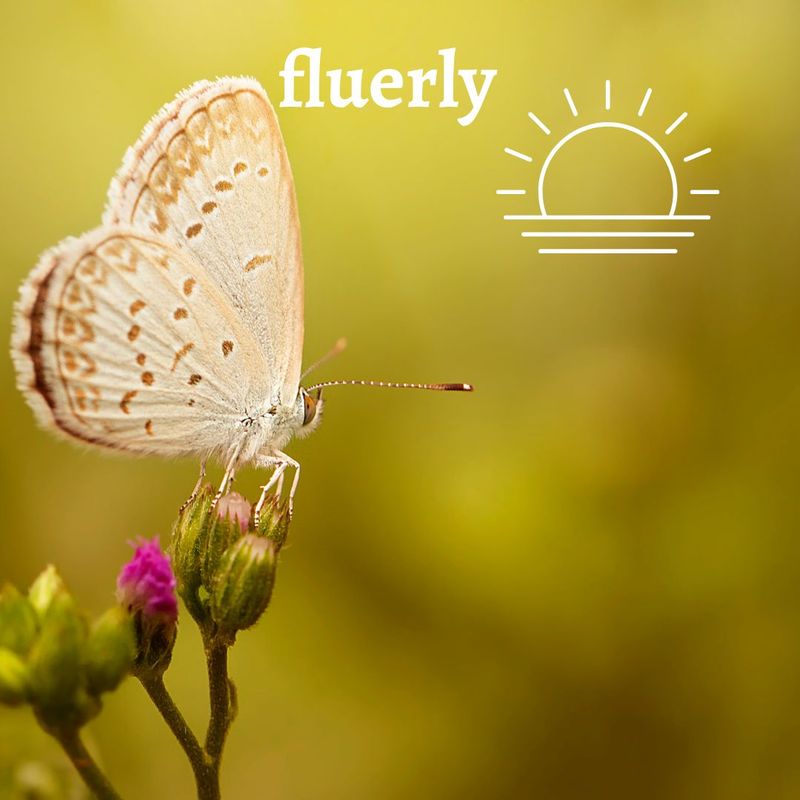The most important point to bear is that the seed quality remains unaffected by this issue. Keep reading the article below to know why your sunflower has white seeds and also visit our blog for useful tips to sow lupin seeds.
White-Colored Sunflower Seeds – Some Possible Reasons
White seeds are the most common color for sunflowers. They're often used in dried flower arrangements or displayed in large numbers during harvest time.
Genetic Defect
Inadequate Amount of Water
Another common cause behind white sunflowers is inadequate water or nutrients (or both). For example, if you planted a new seedling last year but forgot about it until now and found that its leaves were wilted or discolored—and then noticed that all its flowers had withered away—there's a good chance that it was suffering from lack of nutrients throughout its growth cycle.
The same goes for overwatering: too much moisture can lead to dampness around the roots, making them rot and killing off any chance at fruiting later down the road!
Environmental Factor
The environment in which a plant grows is also responsible for its color variation. For example, suppose you grow your sunflowers under direct sunlight without any shade coverage. In that case, they will most likely turn orange instead of yellow or red because they need more UV light to produce carotenoids that give them their color pigmentation.
Pollination
Another common cause behind this phenomenon is pollination — especially when insects like bees visit your plants but do not deposit pollen into their anthers (the male part of the flower). As a result, no fertilization occurs, and you end up with white seeds instead of brown/black ones because there's no chance for any genetic modification!
Immature Flower Development
The most common reason for white sunflower seeds is that they are not fully developed. When a flower begins to bloom, it produces many small flowers that eventually grow into one large sunflower seed.
The white color of the unopened flower tells you that the plant has not yet begun producing its mature seeds and is still growing. This is why many plants produce "white" flowers instead of bright colors—they're still young and immature!
Cross-Pollination
Defected Seed Pods
Another reason is that something has happened to your seed pods. If they're not fully ripened and get hit by frost or freeze, the result can be white seeds instead of yellow ones.
Plant Disease
Sunflowers produce white seeds because there could be some disease or pest problem with your flowers or plants—if you suspect this could be the case, check with a professional before harvesting any seeds!
How to Harvest Sunflower Seeds Properly? – Here’s the Guide

Sunflower seeds can be harvested and cleaned in various ways, depending on your needs. Here are some practical tips:
- Sunflower seeds are harvested when ripe, usually mid-summer, but you can harvest them anytime, depending on your climate and weather conditions.
- Ensure that the soil is good enough for growing sunflowers because many factors can affect the growth of this plant and result in poor-quality seeds. Plant your seeds in well-drained soil, so they don't rot during germination. Also, ensure that your soil has enough moisture for the seedlings to grow without getting dehydrated (but not too much water or too little water).
- You might have yet to plant them in full sunlight! Sunflowers need 6 hours of sunlight each day to produce good quality flowers/seeds; if there isn't enough sunlight available, they will grow stunted and weak, which could lead to this type of.
- Sunflowers have a shelf life of about two months, so it's best to store them in an airtight box or sealed bag until ready for planting or eating!
- The excellent way to harvest sunflowers is to wait until they start browning on the edges and then cut them down with scissors. Don't pull or break the stems because that will damage the plant and make it harder for them to grow back next year.
- Finally—and perhaps most importantly—ensure that nothing gets into your garden while these plants grow! Animals like groundhogs or raccoons can easily damage young plants by eating their roots or stems if left unchecked over time.

Difference between a Black Seed and a White Seed

To tell the difference between white and black seeds, you need to compare their size, shape, and appearance. White seeds are larger than black seeds and are flatter in shape. They also have a powdery coating that gives them an even more rounded appearance than their dark-colored counterparts' glossy coats.
Black seeds are smaller than their white counterparts, with less rounded edges. They also have a less shiny coating, making them look duller than their two-toned friends.
Benefits of White Sunflower Seeds – Take a Look
Don't be discouraged if you've planted your seeds and harvested them at the right time but still have white seeds! It happens sometimes! There are many benefits of white seeds as well:
- White seeds are a better source of calcium, iron, magnesium, and potassium.
- White seeds contain high omega-3 fatty acids, which are good for your heart health. They also have high levels of vitamins A and E, antioxidants that strengthen your immune system.
- White sunflower seeds have fewer calories than black ones, but both are low in fat content, so it's up to you which one you prefer!
- White sunflower seeds have twice as much protein as compared to black ones.
Final Words
We hope you will find this article useful in knowing the possible reasons behind the white seeds of your sunflowers. Make sure to plant the flowers properly!
Related:







